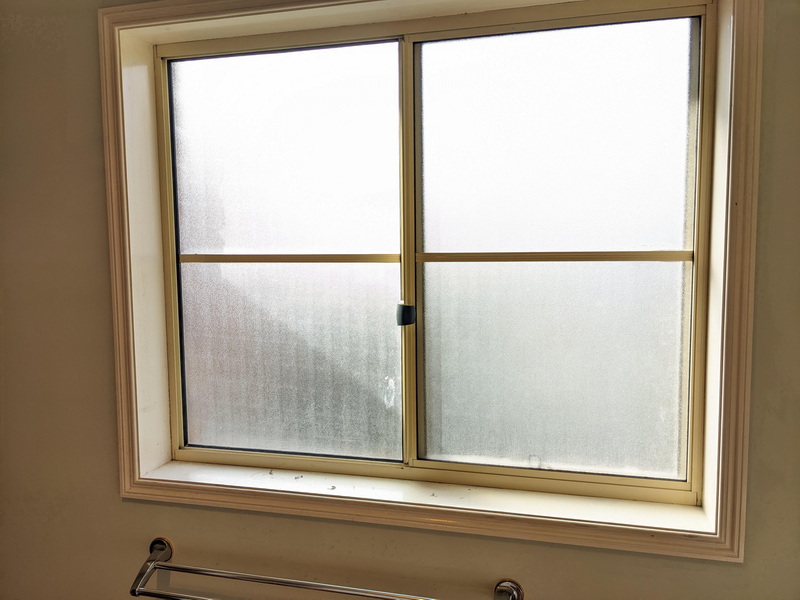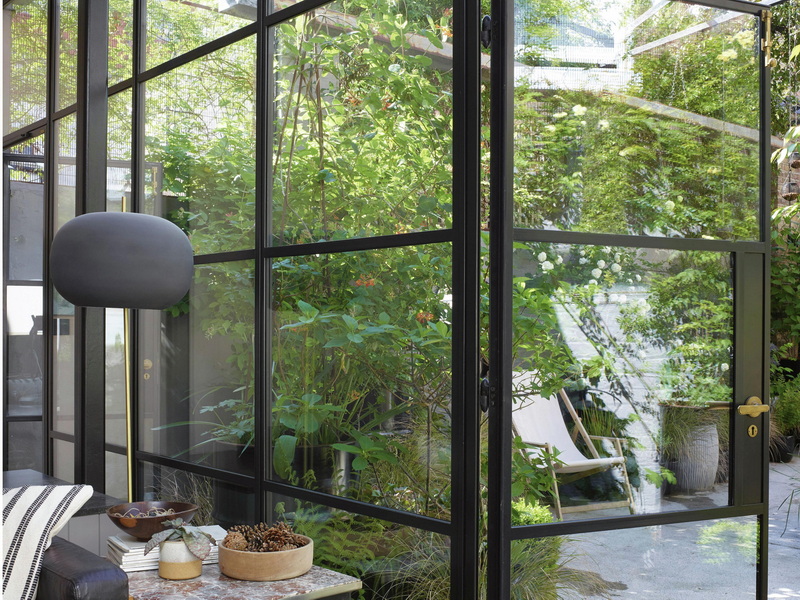English


Views: 222 Author: Dream Publish Time: 2024-12-25 Origin: Site











Content Menu
● Why Paint Aluminum Window Frames?
● Preparing to Paint Aluminum Window Frames
● Painting Aluminum Window Frames
● FAQ
>> 1. Can I paint over existing paint on aluminum window frames?
>> 2. What type of paint works best for aluminum window frames?
>> 3. How often should I repaint my aluminum window frames?
>> 4. Do I need to sand my aluminum window frames before painting?
>> 5. What should I do if I accidentally get paint on my glass panes?
Aluminum window frames have become increasingly popular among homeowners due to their durability, modern aesthetic, and low maintenance requirements. However, as time passes, you may find that the original color of your aluminum frames no longer complements your home's design. Fortunately, painting aluminum window frames is a practical solution that can enhance their appearance and extend their lifespan. This comprehensive guide will walk you through the process of painting aluminum window frames, including preparation, materials needed, and step-by-step instructions.

Painting aluminum window frames offers several advantages:
- Aesthetic Appeal: A fresh coat of paint can dramatically transform the look of your windows, allowing you to match them with your home's exterior or interior decor.
- Protection: Paint adds an extra layer of protection against environmental factors such as moisture, UV rays, and corrosion.
- Cost-Effective Update: Instead of replacing old frames, painting them is a more affordable way to achieve a new look without significant renovations.
- Customization: You can choose from a wide range of colors to reflect your personal style or to coordinate with other elements of your home.
Proper preparation is crucial for achieving a long-lasting finish when painting aluminum window frames. Here are the steps you need to follow:
Before starting the project, ensure you have all necessary materials:
- Aluminum primer: A high-quality primer specifically designed for metal surfaces.
- Acrylic or epoxy-based paint: Choose paint that offers durability and weather resistance.
- Sandpaper (220-400 grit): For roughening the surface.
- Mild detergent or degreaser: For cleaning the frames.
- Painter's tape: To protect areas you do not want to paint.
- Drop cloths: To cover the surrounding area and prevent spills.
- Brushes or spray gun: For applying paint evenly.
Start by cleaning the aluminum frames thoroughly. Use warm soapy water or a mild detergent to remove dirt, dust, and any greasy residue. Rinse with clean water and allow the frames to dry completely.
Lightly sand the aluminum surface using fine-grit sandpaper (220-400 grit). This step creates a rough texture that helps the primer adhere better to the metal. After sanding, wipe away any dust with a clean cloth.
Use painter's tape to mask off any areas you want to protect from paint, such as glass panes or surrounding walls. This ensures clean lines and prevents overspray.

Once you have prepared your frames, you can begin painting.
Using a brush or spray gun, apply a coat of aluminum primer to the frames. Start at one corner and work your way around to ensure even coverage. Allow the primer to dry completely according to the manufacturer's instructions—this usually takes about 1 to 2 hours.
After the primer has dried, it's time to apply your chosen paint.
- If using a brush, dip it into the paint and remove excess before applying it to the frame in smooth strokes.
- If using a spray gun, hold it at an appropriate distance from the surface (usually about 6-12 inches) for even coverage.
Apply thin coats of paint—2 to 3 layers are recommended for optimal results. Allow each coat to dry fully before applying the next one. This helps prevent drips and ensures a smooth finish.
Once you have applied all coats of paint and they are fully dried, carefully remove the painter's tape. If any paint has gotten onto the glass panes, use a razor blade or scraper to gently remove it without damaging the glass.
- Choose the Right Day: Ideal conditions for painting are dry days with moderate temperatures. Avoid painting in direct sunlight or during high humidity as this can affect drying times and finish quality.
- Ventilation: Ensure that your workspace is well ventilated when using primers and paints, as fumes can be harmful.
- Safety Gear: Wear gloves and safety glasses while working with paints and primers to protect yourself from irritation.
To ensure your project goes smoothly and yields great results, be aware of these common mistakes:
- Skipping Cleaning: Failing to clean the surfaces properly can lead to poor adhesion and an uneven finish.
- Using Inappropriate Products: Always use products specifically designed for aluminum surfaces; regular paints may not adhere well.
- Applying Thick Coats: Thick layers of paint can lead to drips and uneven surfaces; always opt for thin coats instead.
Once you've painted your aluminum window frames, maintaining them is essential for prolonging their lifespan:
- Regularly clean them with mild soap and water to remove dirt and grime.
- Inspect for any signs of wear or damage periodically; touch up any areas as needed.
- Avoid using abrasive cleaners that could scratch or damage the painted surface.
Painting aluminum window frames is an effective way to enhance their appearance while providing additional protection against environmental factors. With proper preparation and careful application of materials, you can achieve professional-looking results that will last for years.

Yes, you can repaint aluminum window frames that have already been painted. Make sure to sand down any flaking areas and apply a primer before adding new coats of paint.
Acrylic or epoxy-based paints are ideal for aluminum surfaces due to their durability and adhesion properties.
If done correctly, repainting may only be necessary every 5 to 10 years depending on environmental exposure and wear.
Yes, sanding is essential as it helps create a rough surface for better adhesion of primer and paint.
Use a razor blade or scraper carefully along the edge where paint meets glass to remove any excess without damaging the pane itself.
[1] https://www.homebuilding.co.uk/advice/painting-aluminium-windows
[2] https://expresswindowsgroup.co.uk/painting-aluminium-windows-techniques-and-tips/
[3] https://www.wideline.com.au/how-to-paint-and-clean-aluminium-window-frames/
[4] https://www.thepaintshed.com/tips-advice/how-to-paint-aluminium-window-frames
[5] https://vernice.it/en/blogs/inspiration-and-tips/how-to-paint-window-frames-here-are-some-tips
[6] https://www.barker-whittle.com.au/blog/save-money-and-add-value-by-painting-your-aluminum-window-frames
[7] https://www.lifestylewindows.co.uk/can-you-paint-aluminium-windows
[8] https://www.bunnings.com.au/diy-advice/diy-skills/painting/transform-your-aluminium-window-frames
[9] https://www.turkington-windows.com/can-you-paint-aluminium-window-frames/
[10] https://www.youtube.com/watch?v=Y5hp6ieYVf8
What Are The Key Properties of Stainless Steel You Should Know?
Best Stainless Steel Grades for High-Temperature Environments
How To Ensure Quality Control in Stainless Steel Production?
Stainless Steel Vs Brass: Which Is Better for Decorative Use?
Are There Quality Differences in Wholesale Aluminum Windows?
